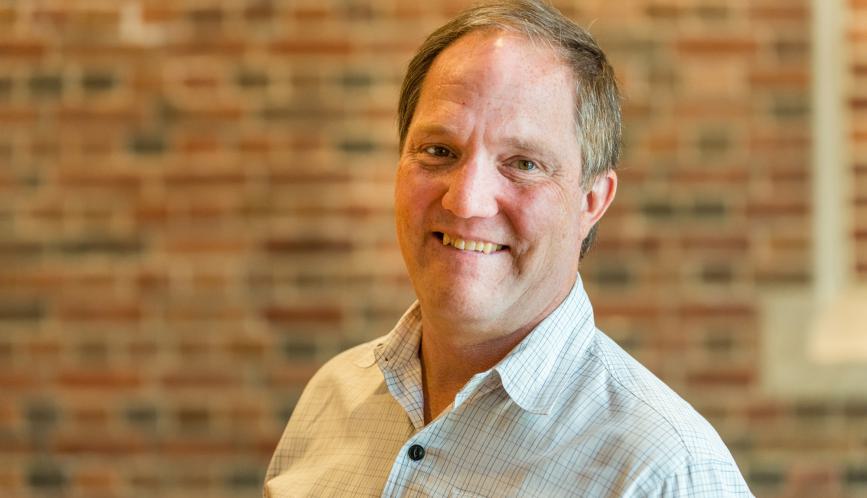Christopher Taber, a member of the Markets network, is the Walker Family Distinguished Chair at the University of Wisconsin - Madison. His research focuses on the development and implementation of econometric models of skill formation and general equilibrium models of the labor market. Taber is also an organizer of HCEO’s Summer School on Socioeconomic Inequality in Chicago.
Please describe your area of study and how it relates to current policy discussions surrounding inequality.
Almost everything I have done at some level is related to wages or more generally the determinants of earnings and earnings inequality. I have also done work on education, which is related to inequality, though not as directly. More of my research has to do with trying to understand how labor markets work and uncovering the sources of earnings inequality. You need to know what the fundamental problems are before you can really address them, and that’s where my research has been more focused.
What areas in the study of inequality are most in need of new research?
I’m also involved in the Institute for Research on Poverty and am one of the organizers of their summer conference, and I have noticed that there’s a lot less work on welfare programs and direct programs for inequality. There is more work on education, and especially more work on early childhood education. This new work is extremely important, but as a result we have moved away from looking at fundamental poverty programs, like TANF [Temporary Assistance for Needy Families], SNAP [Supplemental Nutrition Assistance Program], and EITC [Earned Income Tax Credit]. In my view, there is less work on these topics then there should be. For example, while SNAP enrollment went way up during the recession, TANF did not change much. In this sense it didn’t work all that well as insurance for low income mothers. Ignoring these issues is a problem. Scholars in other fields still study these issues, but I think economists have moved away from this. This could be because there are no new instruments or policy reforms, but that doesn’t mean the issues have been solved. As a field we put too much emphasis on new identification strategies and methodologies or theory as opposed to empirical work on old questions.
What advice do you have for emerging scholars in your field?
I think that there’s emphasis on the identification strategy and econometric methodology and not enough emphasis on getting your hands dirty and understanding how these programs work. That’s how the profession works right now. I would like to say that we need more studies on poverty and these programs that try to help people but I don’t know if that’s the best advice for a young economist who is trying to make it in the profession because to get tenure, you have to get papers published in top journals, and to get papers published in top journals you need to write the style of papers that are published there. My advice is work on your natural experiments and/or structural models and get tenure. Once you’ve gotten tenure, come back and think about these issues because I think they are important and understudied.



